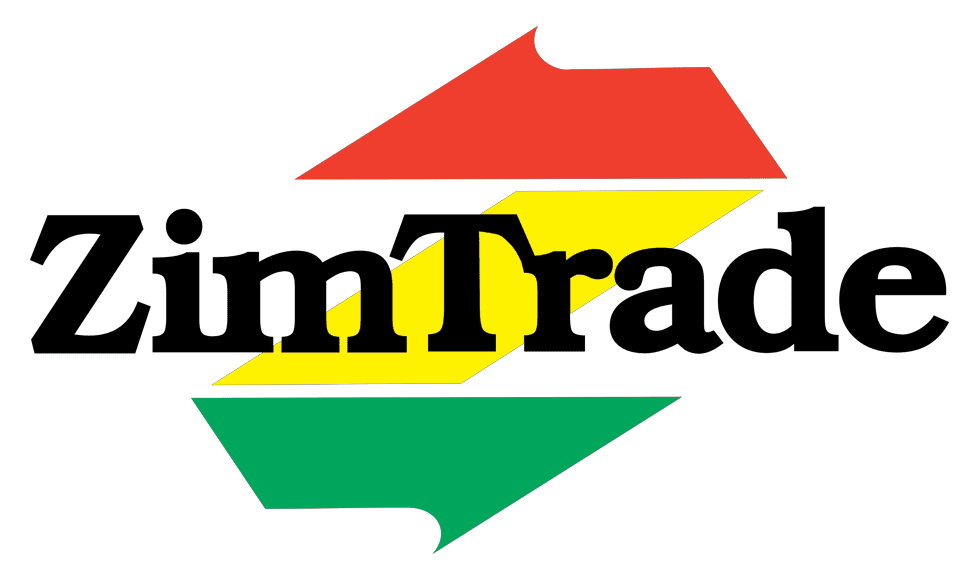By Runyararo Mukahanana
ZimTrade in partnership Technical Assistance to Zimbabwe for the Economic Partnership Agreement to the Europe and the UK (TAZEPA), conducted a training workshop with 19 established exporters to give them a refresher and update on the new procedures that have taken place in the export landscape.
The training covered areas such as market access, trade agreements, and trade insurance.
Companies were urged to focusing on the new markets that are emerging through preferential trade agreements COMESA, SADC and the African Continental Free Trade Area.
There is need to drawing down on the most important criteria such as Rules of Origin as this determine the extent to which a company can benefit to trade under available agreements.
Participants also received guidance on how to prepare for new markets and the various platforms available for statistical information, platforms such as Trade Map from the International Trade Centre, World Trade Organization, World Customers Organization, and the International Chamber of Commerce.
Other key areas covered in the workshop were incoterms, which are international commercial terms which are published and updated by the International Chamber of commerce with the latest update of 2020.
These cover and clear outline the responsibilities and obligations of the buyer and seller and clear states the difference between legal and physical delivery.
The workshop also clarified the incoterms that Zimbabwean exporter should be using such as:
Carriage Paid To (CPT): May be used for any mode of transport.
The seller delivers the goods to the nominated carrier and must also pay the cost of carriage necessary to bring the goods to the named destination.
The buyer bears all additional costs and risks after the goods have been delivered to the nominated carrier.
Carriage and Insurance Paid To (CIP) May be used for any mode of transport.
The obligations are the same as under CPT with the addition that the seller must procure insurance against the buyer’s risk of loss of or damage to the goods during carriage.
The workshop also investigated in-depth issues of insurance, specifically cargo insurance and the types of cover available to reduce transit risk for acts of gods and accidents.
Cargo Insurance policy is designed to provide indemnity cover for goods/cargo carried through different modes of transport and transit.
A lot of money goes in packaging and transporting shipments. And any loss or damage would mean a huge loss.
To cover up such losses, it is important to have cargo insurance in place.
Freight insurance can also be taken for goods during shipment.
It helps in mitigating the risks related to the shipping process and helps you ship your goods in a secure manner.
One can buy freight insurance directly from the shipper or an insurance provider.
Types of cover are include open cover cargo insurance policy, which is issued on a contractual basis for a period of 12 months.
Under open cover cargo insurance, the insurance provider agrees to cover all the shipments that are within the scope of coverage.
There is also specific voyage policy, which is mostly suitable for a single transit or voyage.
The policy is generally issued before the transit starts and on completion of the voyage, the coverage will cease immediately.
Further to policy issues, the workshop also addressed issues to do with payments and the payment methods available to Zimbabwean Exporters.
The payment methods includes cash in advance, and letters of credit.
Cash in Advance is a payment term used in some trade agreements.
It requires that a buyer pay the seller in cash before a shipment is received and oftentimes before a shipment is even made.
This is used for high-risk buyers or when building up a relationship with the buyer, and is not sustainable for long term business.
A Letter of Credit is a contractual commitment by the foreign buyer’s bank to pay once the exporter ships the goods and presents the required documentation to the exporter’s bank as proof.
As a trade finance tool, Letters of Credit are designed to protect both exporters and importers and is recommended for Zimbabwean exports to reduce risk of nonpayment).
Under a trade contract, exporters may need a third party, generally a bank, to guarantee a bill of exchange’s payment drawn on an importer.
This action is called avalisation of a Bill (Aval) and it can be given upon request, on behalf of the exporter.
A bank commits itself unconditionally for paying should the drawee default.
An open account is an arrangement between a business and a customer, where the customer can buy goods and services on a deferred payment basis.
The customer then pays the business at a later date. Risk on no payment higher than the other options.







